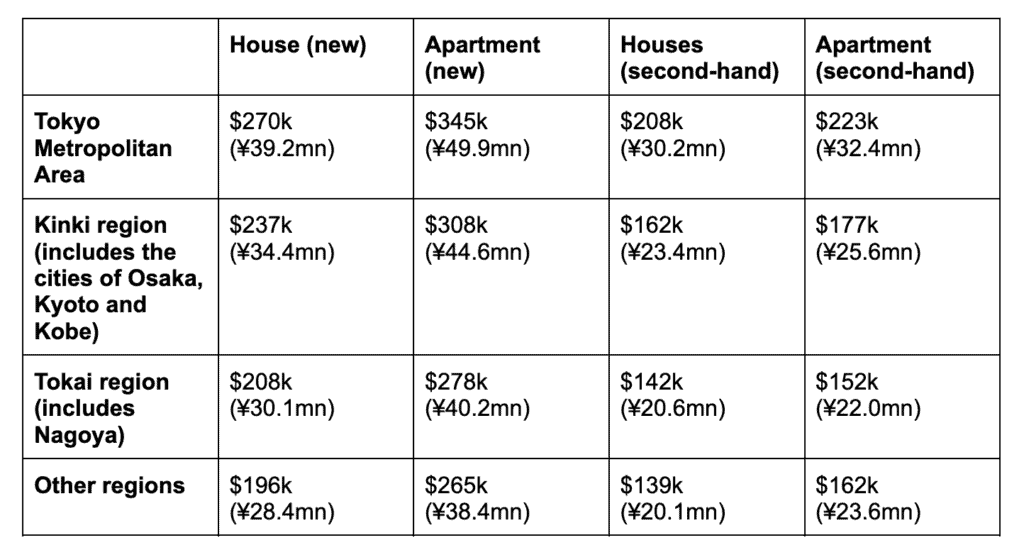What are 5 Japanese etiquette rules?

Japan is a country known for its rich culture and traditions, and one aspect of this is the importance of etiquette. Understanding and following Japanese etiquette rules can help you navigate social situations with ease and show respect for the local culture. Here are 5 key etiquette rules to keep in mind when visiting Japan:
1. Removing Shoes
One of the most important etiquette rules in Japan is to remove your shoes before entering a home, traditional inn (ryokan), or certain restaurants. Sometimes, you may also be asked to remove your shoes before entering a tatami room. Make sure to look for a designated area to leave your shoes and put on slippers if provided. It is important to always step onto the raised floor (genkan) with your socks or bare feet.
2. Bowing
Bowing is a common form of greeting and showing respect in Japan. When meeting someone for the first time or entering a store, it is customary to bow slightly as a sign of acknowledgement. The depth of the bow can vary depending on the situation, but a general rule of thumb is to bow at about a 15-degree angle for informal situations and at a 30-degree angle for more formal occasions.
3. Gift Giving
Gift giving is an important part of Japanese culture, and it is often done to show gratitude, apology, or as a gesture of goodwill. When presenting a gift, it is important to use both hands and avoid wrapping it in white paper as this is traditionally used for funerals. Additionally, it is customary to refuse a gift a few times before accepting it as a sign of humility.
4. Dining Etiquette
When dining in Japan, there are a few important etiquette rules to keep in mind. It is customary to say "itadakimasu" before starting a meal to express gratitude for the food. When using chopsticks, avoid sticking them upright in a bowl of rice as this is reminiscent of a funeral ritual. Instead, place them on a chopstick rest or parallel to the edge of the table. Lastly, do not pass food directly from chopsticks to chopsticks, as this is associated with a funeral custom.
5. Public Behavior
Respect for others is highly valued in Japanese culture, so it is important to be mindful of your behavior in public. Avoid speaking loudly, littering, or engaging in public displays of affection. It is also considered rude to talk on the phone while riding public transportation, so make sure to keep noise to a minimum and follow any guidelines or rules set by the establishment.



